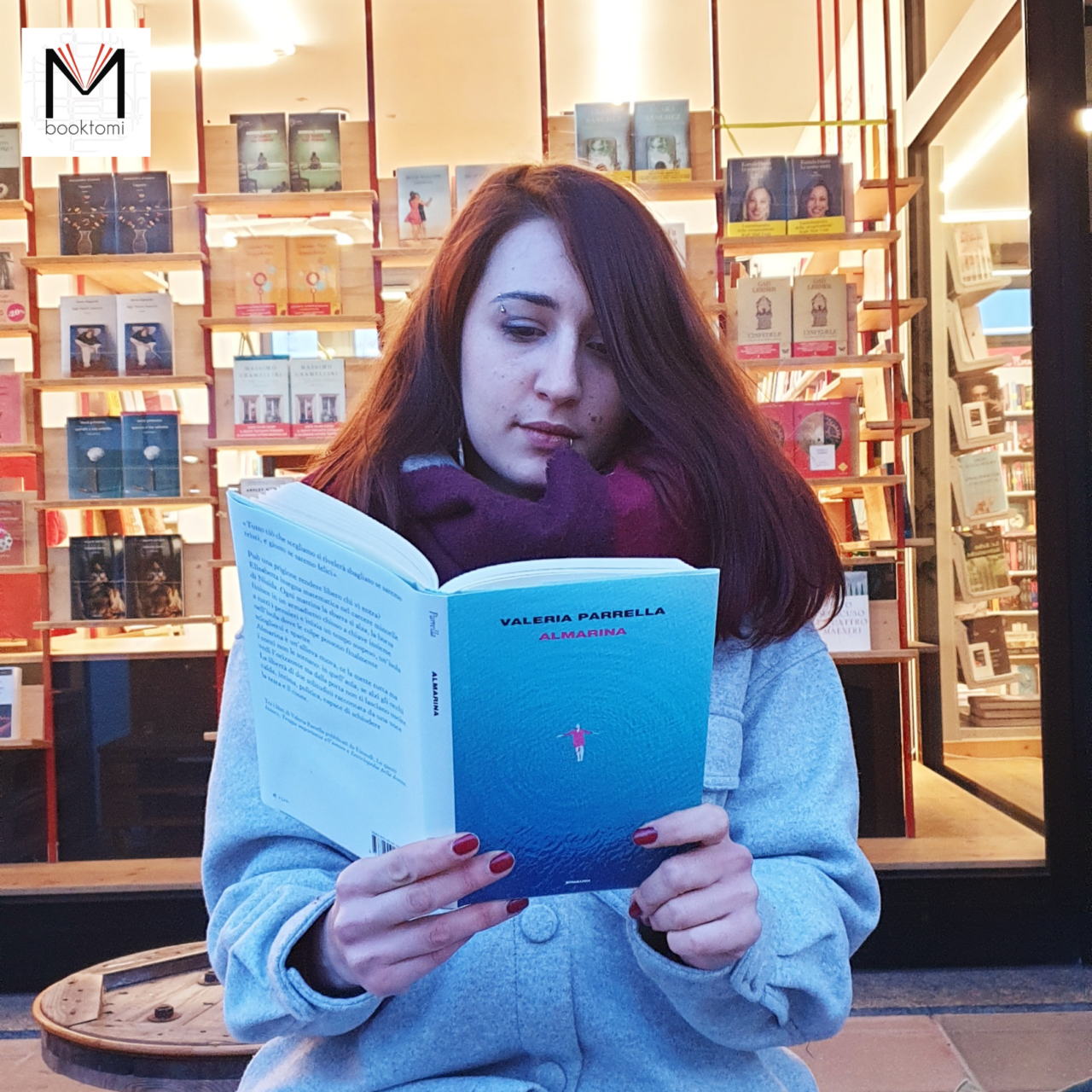“Hate is a constant gangrenous fear, it is a defense that has become misunderstanding.”
Almarina is the story of Elizabeth who carries within herself a hidden tear, a profound pain on the basis of which she calibrates all her days; is the story of a teacher in a special school, detached from the earth and reality: we are in the juvenile prison of Nisidia, an island in the middle of the Mediterranean sea.
It is right inside the prison that Elizabeth, the protagonist, begins to find her freedom: it is here that she tries again to savor the pleasure of returning to being the master of her emotions. Elisabetta Maiorano is a math teacher and is used to filtering reality through the calculations and formulas she knows well, which give her confidence. But the calculations do not always manage to explain everything: one day Almarina arrives in prison, whose history is punctuated by abandonment and violence.
The affection that arises between the protagonist and the girl will unhinge every piece of Elizabeth’s life, who enters the whirlwind of emotions that see the young prisoner as a central figure. The story is written with a particular use of punctuation, so we are faced with short and struggling sentences. It seemed to us that often the periods can appear obscure and difficult to understand, especially at the beginning, when the reader still has to enter the rhythm and style dictated by the author.
In any case, undoubtedly, we can say that the story has captured us. There are various levels of time, to which the protagonist refers, now the present lived among the boys and colleagues of the prison, now the past, consisting of the figure of a lost husband and a child never conceived.
The novel invites the reader to deal with hard and harsh issues to experience: we pass from the protagonist’s mourning, to the missed pregnancy, to the stories of violence and crimes experienced or suffered by the young inmates of the Nisidia prison; yet all these are stories that are only touched upon by the author. However, the reader is not invited to enter the heart of these dramas, as if they are too intimate to be shared.
We believe that the deeper development of these events would have produced a longer novel, but above all more engaging for the readers. Instead, we are catapulted, through a dense inner monologue – punctuated by short dialogues with the other characters of the novel – in the mental space of Elizabeth and we are overwhelmed by a continuous vortex that makes us land in an ending that undoubtedly excites us and leaves us with question mark.
Only at the end we realize that it is a story of hope, which wants to give an answer to the questions that Elisabetta asks herself every day: where will these boys go, once they get out of prison?
This is how, in the midst of pain, our protagonist realizes that she can still be a fertile ground to which she can entrust a life to blossom, that of Almarina
_____________________________________________________________________________________________________
Valeria Parrella, Almarina, Einaudi, Torino, 2019




